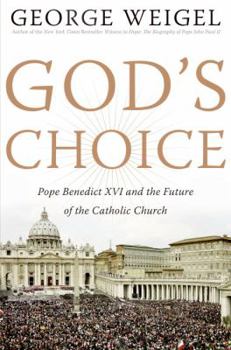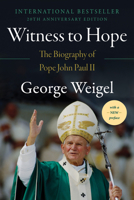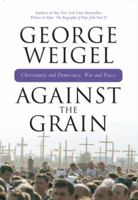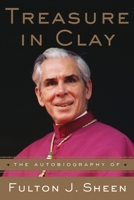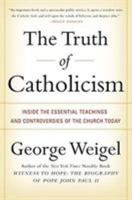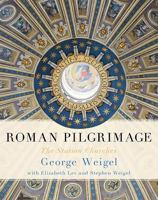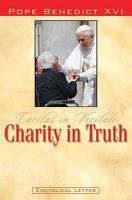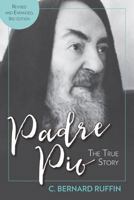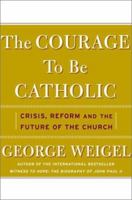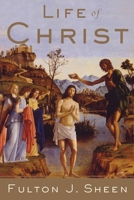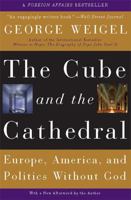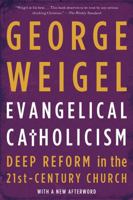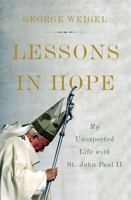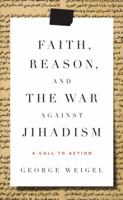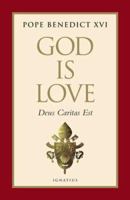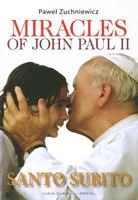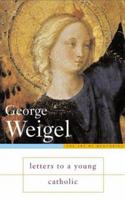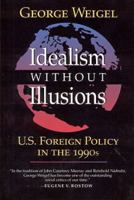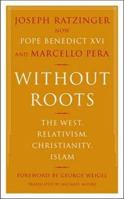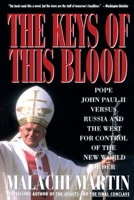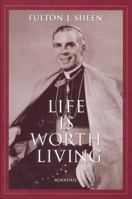God's Choice: Pope Benedict XVI and the Future of the Catholic Church
Select Format
Select Condition 
Book Overview
You Might Also Enjoy
Customer Reviews
Rated 5 starsPenetrating but never obtuse, wonderful read
This is a wonderful overview of the Catholic Church around the world today, the legacy of Pope John Paul II, an account of how Benedict XVI became the new Pope, a brief but very fair account of his life, and a survey of how Pope Benedict may tackle the challenges for the Church ahead. The author is clearly steeped in the writings of both Pope John Paul II (of whom he was the great biographer) and Pope Benedict XVI, and it...
1Report
Rated 5 starsEnlightening
Mr. Weigel's book shed much light on the selection of the head of the Catholic Church. It has caused me to re-think much of the way I look at the whole institution. There is something very wonderful about the whole thing.
0Report
Rated 5 starsAdventures in dynamic orthodoxy
I've read a number of books about the conclave that elected Pope Benedict XVI, and they clearly have a common template: chronicle John Paul II's final illness; describe the state of the Church at the time of his death; review the history of conclaves and the changes introduced by John Paul; recount the events of the conclave itself; provide a capsule biography of Joseph Ratzinger; assess the future of the Church with particular...
0Report
Rated 5 starsGREAT CHRISTMAS GIFT
"As the news [of John Paul's death] cascaded around the world, millions felt orphaned. In a world bereft of paternity and its unique combination of strength and mercy, John Paul II had become a father to countless men and women living in an almost infinite variety of human circumstances and cultures. That radiation of fatherhood . . . was rooted in the Pope's singular capacity to preach and embody the Christian Gospel ...
0Report
Rated 5 starsA message of hope
With very little theological background, I can only comment this book from a simple roman catholic faithfull point of view. And it is with a deep feel of comfort that I finished the last page. The loss of JP The Great is seen under an old but scarcely mentioned light: the communion of saints. Introducing Benedict XVI as the Pope God chose and discovered as such by the electors Cardinals gave me enourmous pride to belong to...
0Report











